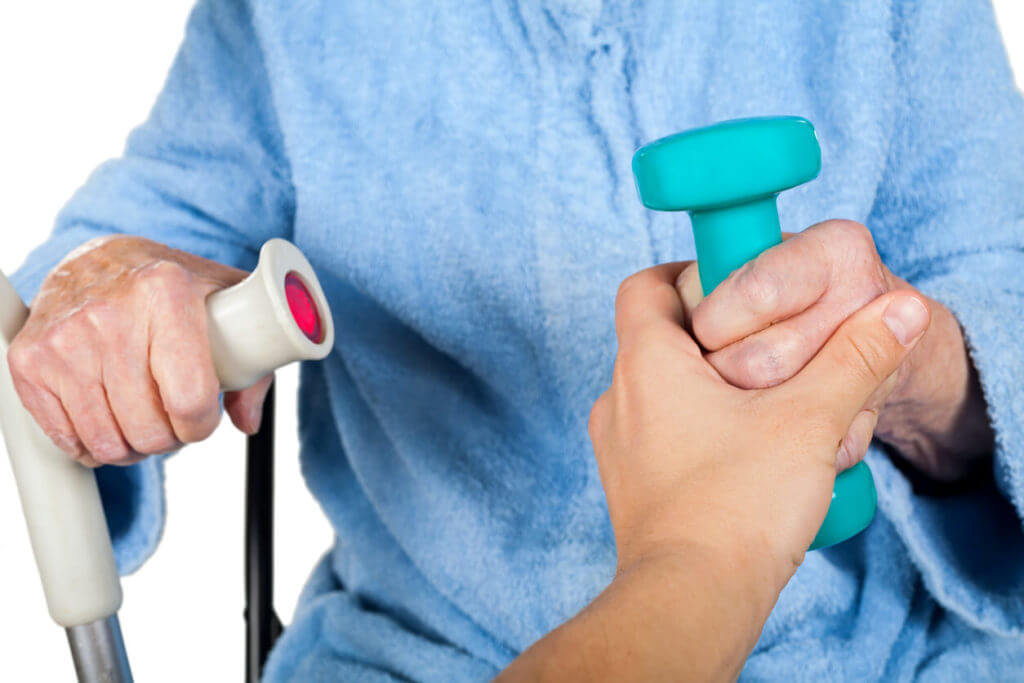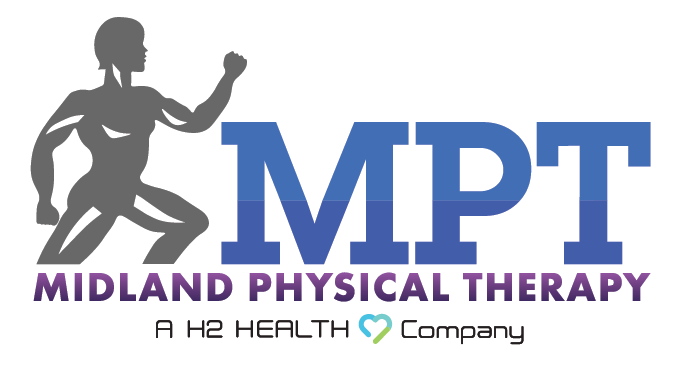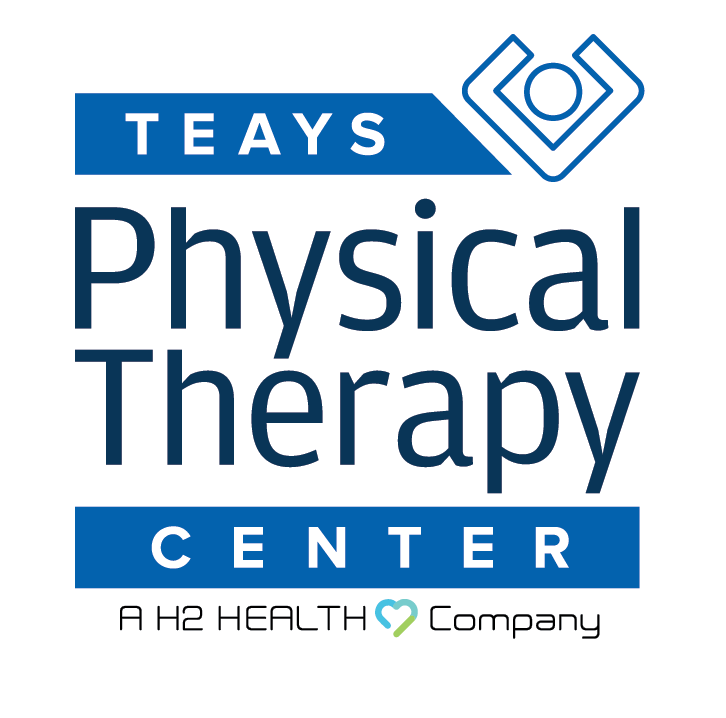
Parkinson’s disease is a condition that can make everyday tasks very difficult. Simple activities like buttoning a shirt or pouring coffee can become hard to do. For people with Parkinson’s disease, it is important to find ways to stay independent and improve daily life.
Occupational therapy is a helpful but often overlooked part of managing Parkinson’s symptoms. This article will explain how it helps people with Parkinson’s disease.
Improving Mobility and Safety
Parkinson’s disease can make moving harder. People may experience shaking, stiffness, and trouble balancing. To help with these challenges, occupational therapists look at how a person moves. Then, they suggest ways to make it easier and safer.
Therapists can teach individuals to walk better, like showing how to avoid small steps or times when movement freezes. They can also suggest changes at home to prevent falls. For example, installing grab bars in bathrooms or removing slippery rugs can make homes safer.
Therapists may also recommend special tools to make daily tasks easier. Weighted forks and spoons can help with shaking during meals, and dressing aids can make putting on clothes less frustrating.
Enhancing Daily Living Skills
Daily tasks like cooking, cleaning, and taking care of yourself can become harder for those with Parkinson’s disease. Occupational therapists help by breaking these tasks into smaller, manageable steps.
For example, they may suggest ways to save energy while shopping for groceries or preparing meals. They may also recommend using helpful technology to assist with memory or decision-making. Examples include apps that remind you of tasks or voice-activated devices.
Strengthening Fine Motor Skills
Parkinson’s disease can make small movements, like writing or handling small objects, more difficult. Therapists focus on these specific challenges by creating exercises to improve these skills.
They might help patients practice tasks like drawing, buttoning shirts, or using small tools to improve grip and precision. Hand exercises and strengthening routines are also used to reduce stiffness and make movements easier. These exercises can help improve control and confidence in daily activities.
Addressing Fatigue and Energy Management
Fatigue is a common problem for people with Parkinson’s disease. It can make it harder to stay productive and feel good. Occupational therapists help by creating daily schedules that balance active times with rest breaks.
For example, they can teach time-blocking, which means setting specific times for work, self-care, or relaxing. This can help save energy and make the day more manageable. They may also suggest changes like working from home or using special tools to reduce physical strain. These adjustments can help conserve energy and improve overall well-being.
Supporting Emotional Well-Being and Cognitive Function
Parkinson’s disease affects the mind as well as the body. It can impact emotional health and clear thinking. Occupational therapists help people stay mentally sharp and deal with stress or sadness.
To handle stress, they might suggest activities like:
- Mindfulness exercises
- Writing in a journal
- Creative hobbies like painting
Therapists may also recommend memory games or puzzles to improve thinking and problem-solving skills. These strategies can support emotional balance and keep the mind active.
Providing Care for Caregivers
Taking care of someone with Parkinson’s disease can be a very tough job, even for family members. Therapists also help caregivers by teaching ways to care for others while taking care of themselves.
They provide training on how to safely assist with moving or walking. This way, caregivers and the person they are helping stay safe. Therapists also share ways to find support, such as building a network or practicing stress-relief exercises.
How to Find the Best Occupational Therapist Near You
Here are some tips to guide you in finding a qualified professional suited to your needs.
Ask Your Neurologist or Doctor
If you have Parkinson’s disease, your neurologist or doctor can recommend occupational therapists. They often know trusted therapists with experience in helping Parkinson’s patients.
Verify Credentials and Experience
When picking a therapist, make sure they are licensed and certified. You can use directories to find licensed therapists in your area. An example is the one from the American Occupational Therapy Association (AOTA). Choosing someone who has worked with conditions like Parkinson’s can improve the care you receive.
Research Accessibility and Convenience
Pick a therapist who is close to where you live. This is especially helpful if moving around is difficult. The clinic being accessible makes it easier to keep up with therapy sessions.
Read Client Reviews
Look at reviews about the therapist or their clinic. Many can be found online. Learning from the experiences of past patients can help you choose the right therapist.
Schedule a Consultation
Before committing, schedule an initial consultation to discuss your goals, needs, and concerns. This allows both you and the therapist to determine if the partnership is a good fit. Being at ease with them helps you make the most of occupational and physical therapy.
Occupational Therapy Near Me
Occupational therapy can help people with Parkinson’s disease in many ways. It can improve movement, help you stay independent, and support your emotional and mental health. By adding this type of therapy to your care plan, you can learn tools and strategies to handle daily challenges.
H2 Health is here to help you through this process. We have 250-plus offices in Florida, Kentucky, Pennsylvania, Texas, Virginia, and West Virginia. We are dedicated to supporting you through occupational and physical therapies. Take the first step toward a healthier, more fulfilling life today. Call us at (800) 699-9395 or use our online appointment request form. Together, we will help you or your loved one face Parkinson’s disease with confidence.
The best occupational and orthopedic physical therapists near you look forward to serving you!
Sources:
https://my.clevelandclinic.org/health/diseases/8525-parkinsons-disease-an-overview
https://www.mayoclinic.org/diseases-conditions/parkinsons-disease/symptoms-causes/syc-20376055
https://www.mayoclinic.org/diseases-conditions/parkinsons-disease/diagnosis-treatment/drc-20376062
https://my.clevelandclinic.org/health/treatments/occupational-therapy






































